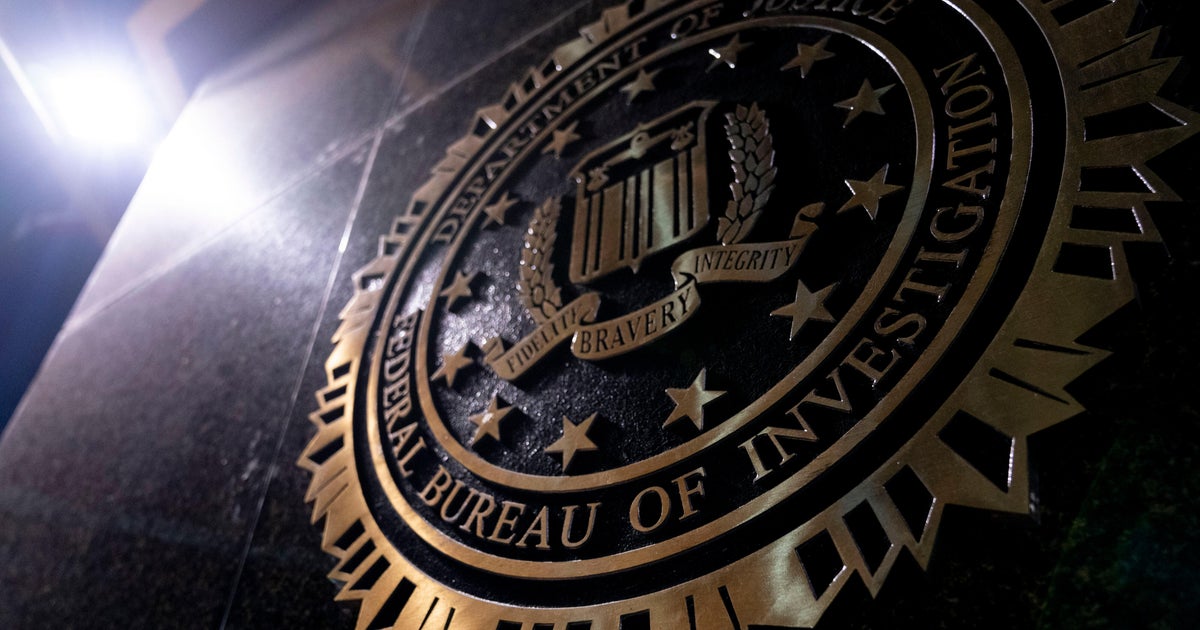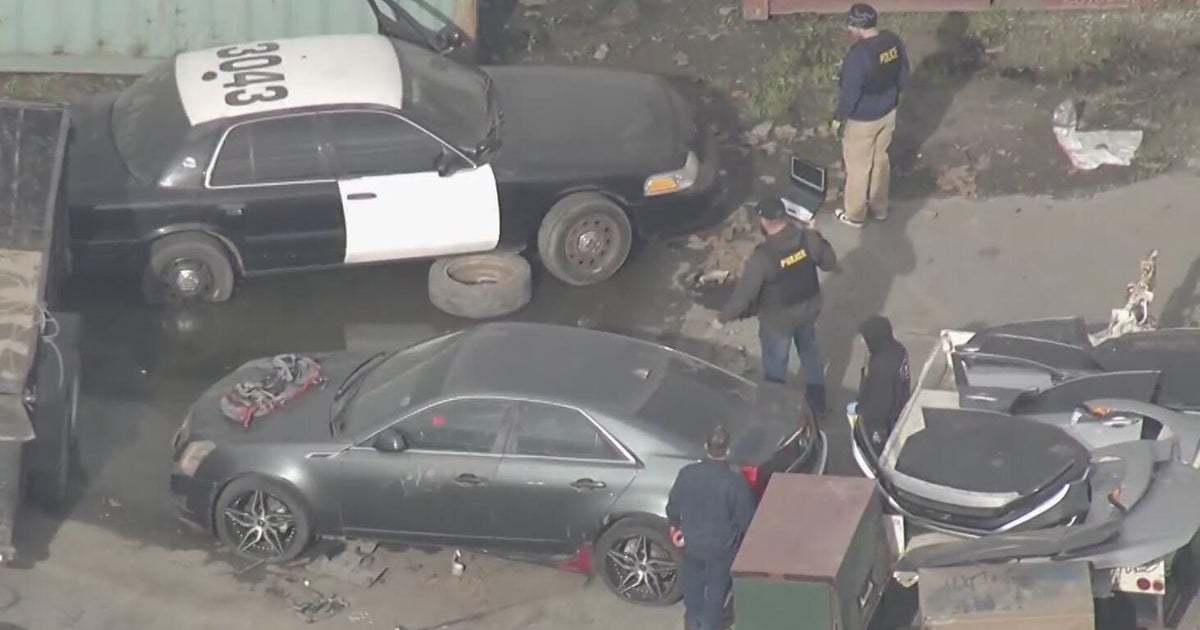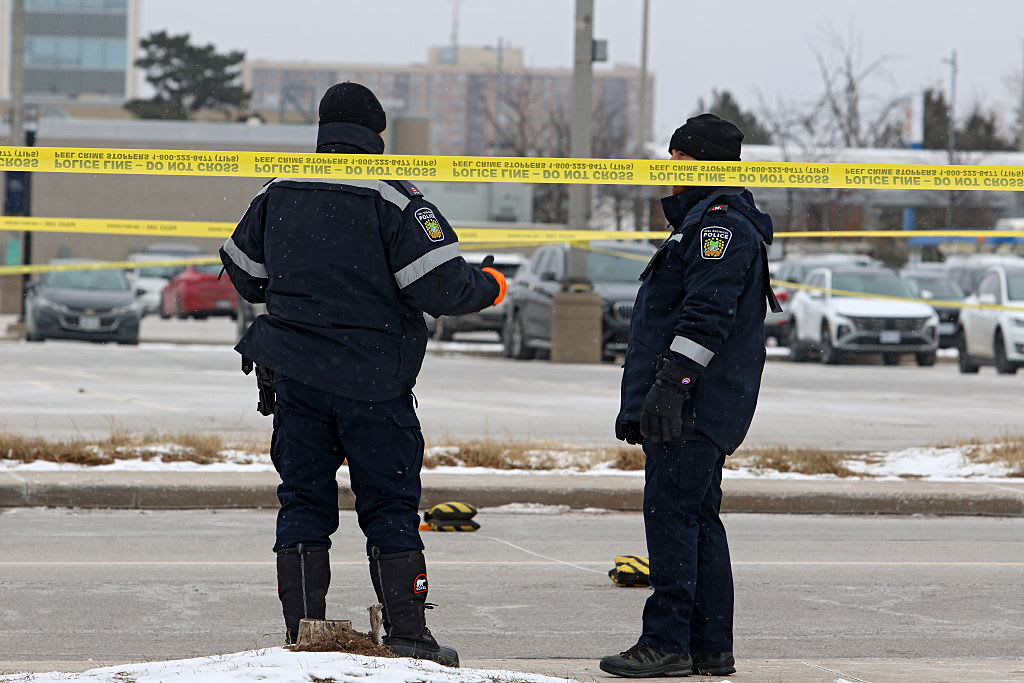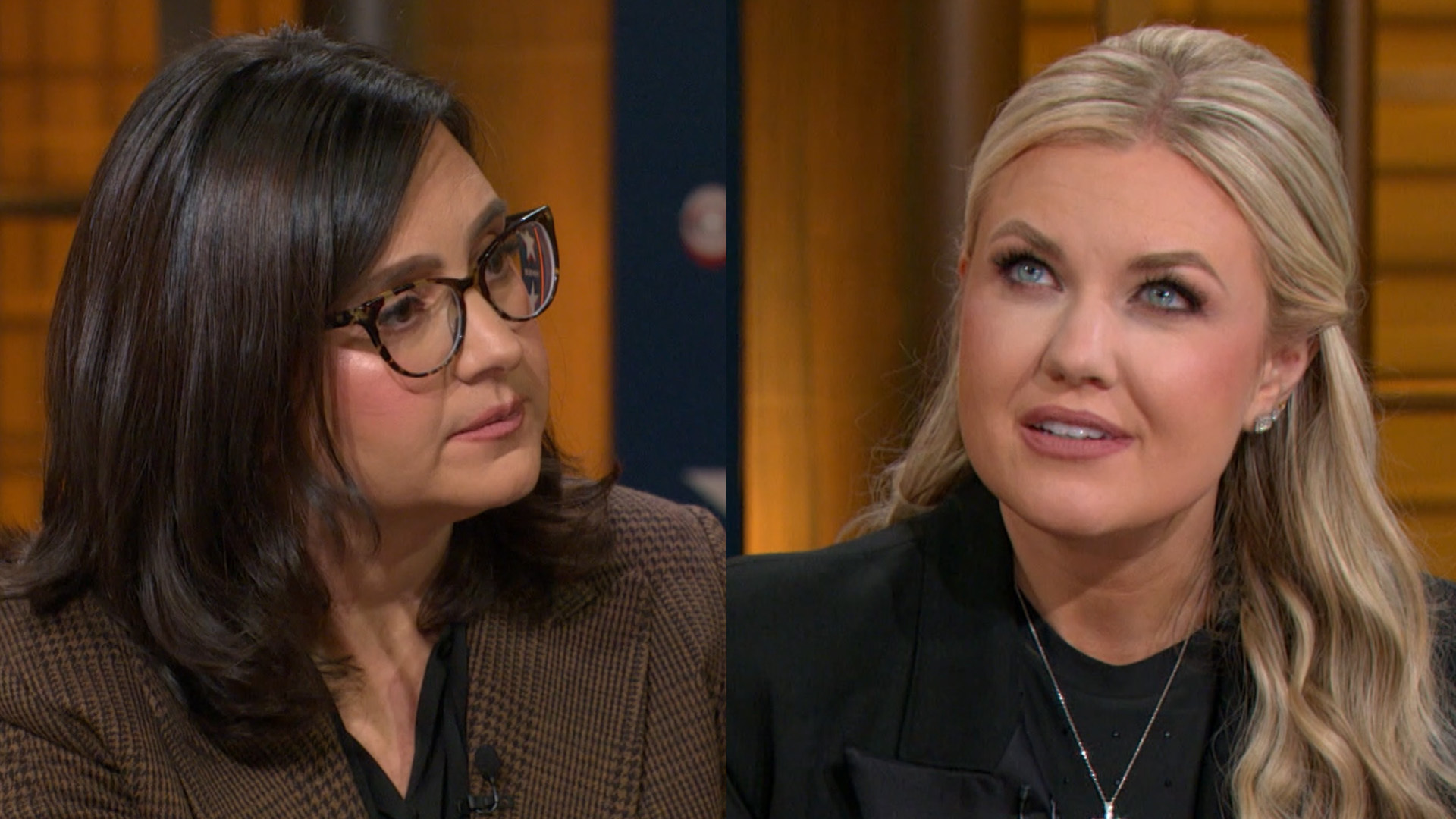Concern grows over feds' sluggish response to rise of right-wing extremism
Washington — In the U.S., the number of white supremacist groups has grown in recent years and their influence continues to spread online. But two law enforcement veterans told CBS News federal authorities have struggled to keep up with the rising threat.
Two months after the deadly 2017 white supremacist rally in Charlottesville, Virginia, Lt. Dan Stout was preparing for another rally in Gainesville, Florida. He asked federal law enforcement for help.
"Thinking we might get some intelligence bulletins, some data, anything that could help us prepare and know who would be coming to town, what we could expect. And there was just a void. I referred to it in the past as the Bermuda Triangle of intelligence," Stout said.
The event was mostly peaceful, but it highlighted a growing concern among state and local law enforcement officials, that the federal response to increasing right-wing extremism has been sluggish.
According to the Anti-Defamation League, a majority of extremist-related murders in 2017 were committed by right wing extremists. Just 3 percent were committed by Islamic extremists. But ISIS-inspired attacks like those in San Bernardino and Orlando seemed to make Islamic extremism the priority.
"They would say, 'Hey, it's great that we know about ISIS and al-Qaida, but my frontline officers, they're seeing violent sovereign citizens, they are seeing neo-Nazis,'" said Nate Snyder, who was a counter-terrorism expert in the Department of Homeland Security until early 2017.
On Monday, Homeland Security Secretary Kirstjen Nielsen continued to insist al-Qaida, ISIS and their sympathizers remain her greatest concern, but said the department was focused on all kinds of violent extremism.
"My department assesses that the primary terrorist threat to the United States continues to be from Islamist militants and those they inspire, but we should not — and cannot — ignore the real and serious danger posed by domestic terrorists," she said.
Stout said it's a start. "If we take our eye off the ball again, it's just going to be cyclical event. And we can't afford to make that mistake again," he said.





